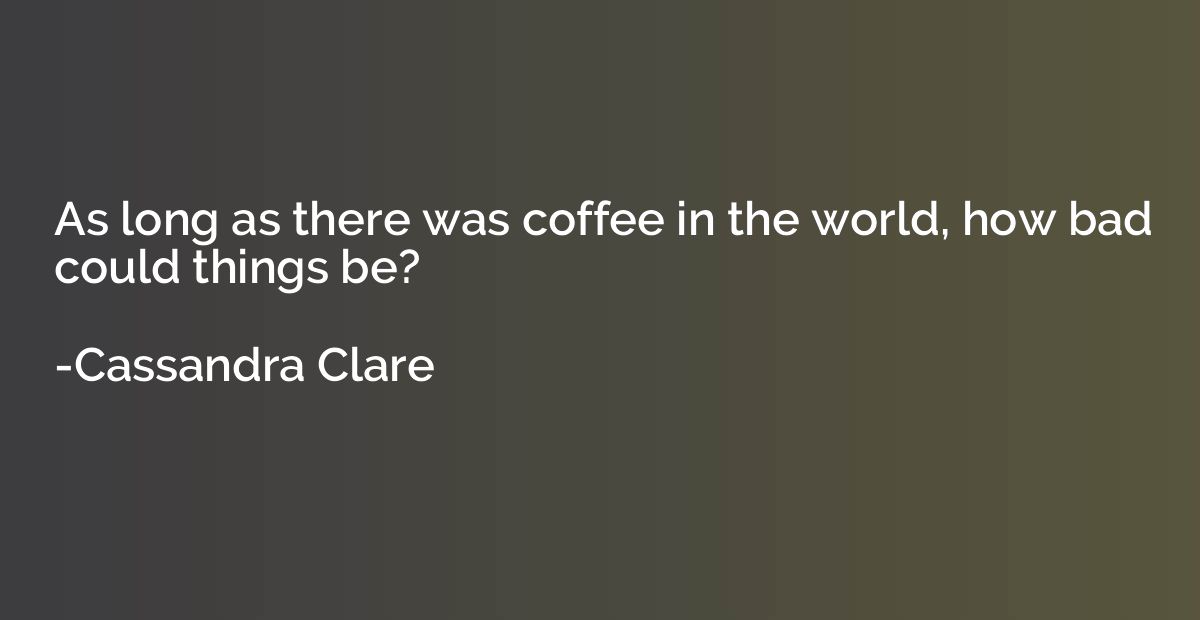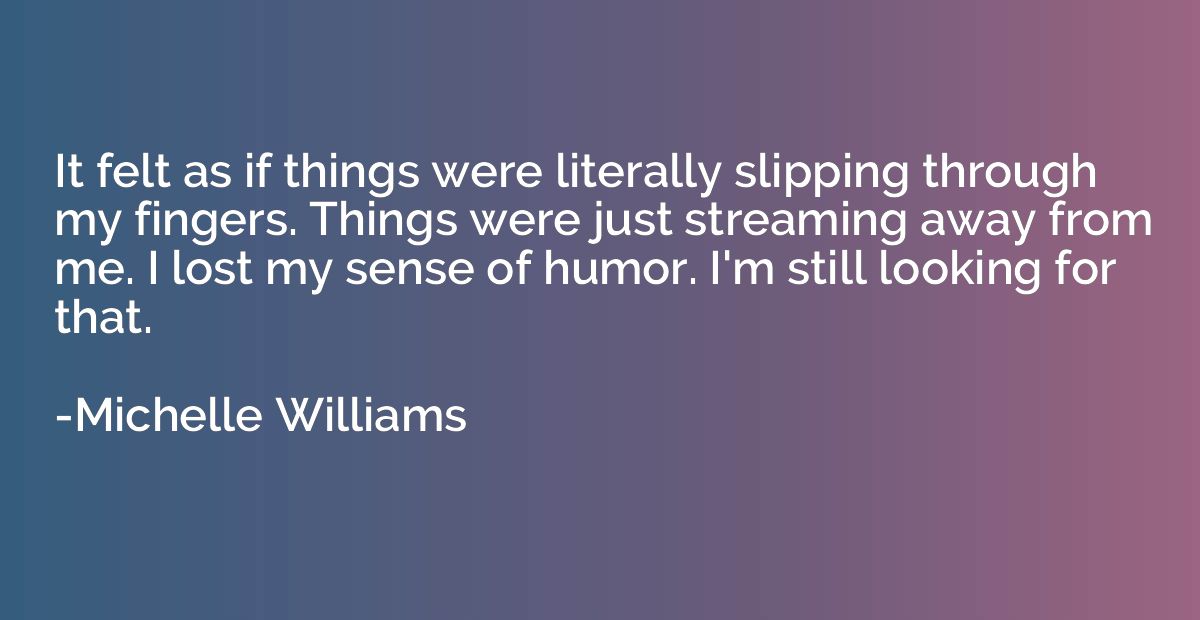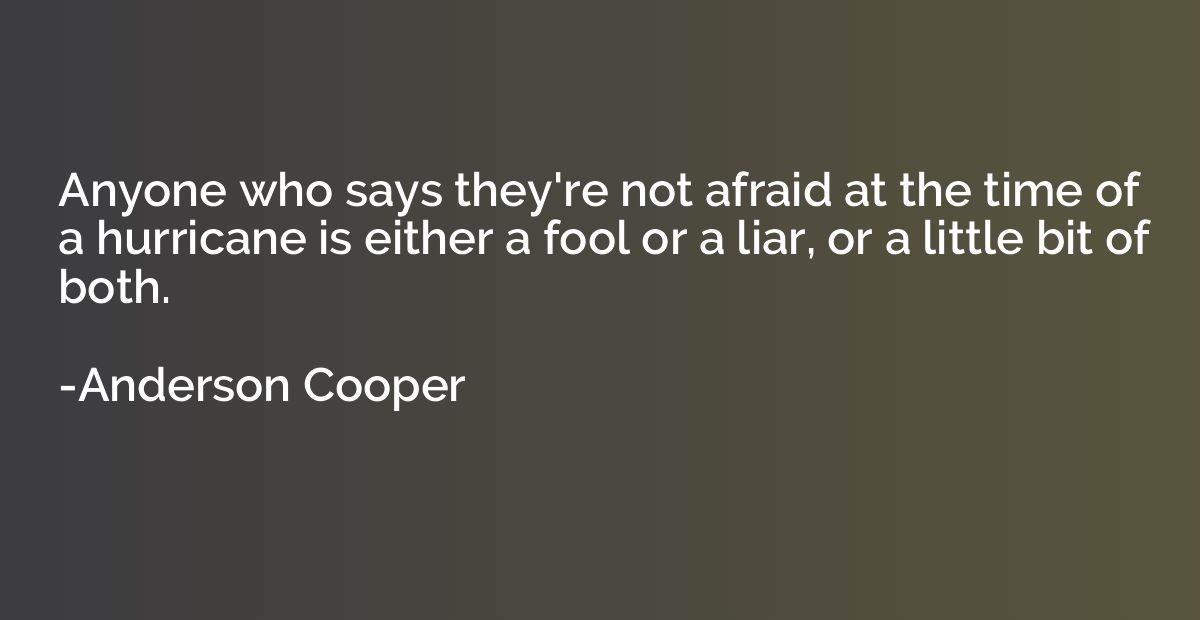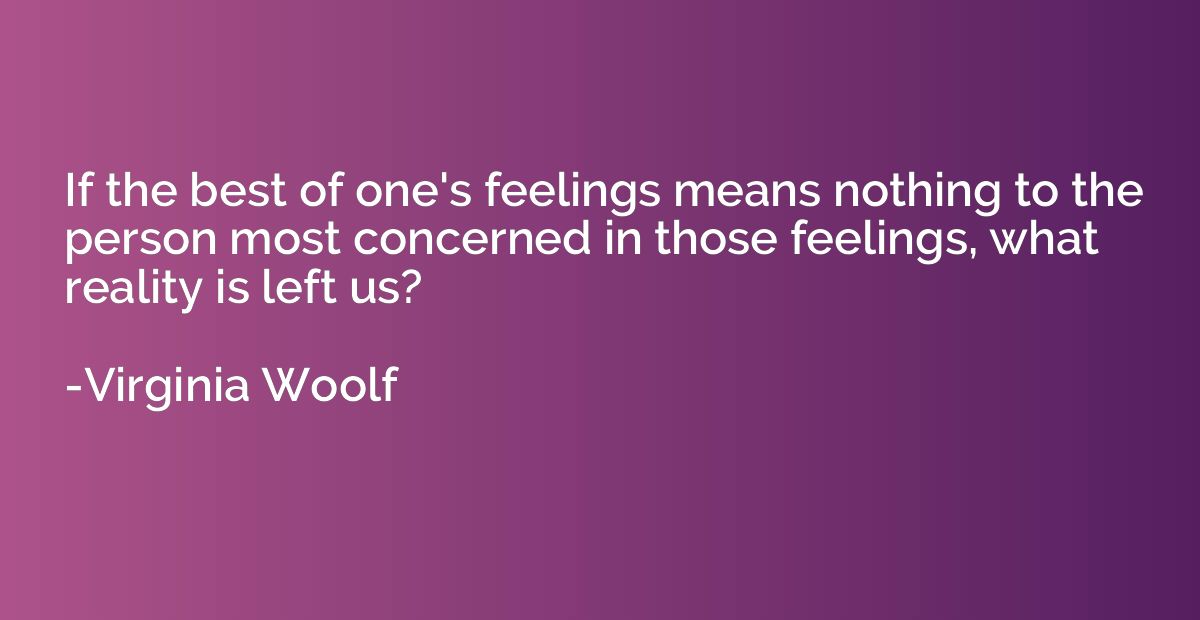Quote by Antonin Artaud
You are outside life, you are above life, you have miseries which the ordinary man does not know, you exceed the normal level, and it is for this that men refuse to forgive you, you poison their peace of mind, you undermine their stability. You have irrepressible pains whose essence is to be inadaptable to any known state, indescribable in words. You have repeated and shifting pains, incurable pains, pains beyond imagining, pains which are neither of the body nor of the soul, but which partake of both. And I share your suffering, and I ask you: who dares to ration our relief? We are not going to kill ourselves just yet. In the meantime, leave us the hell alone.
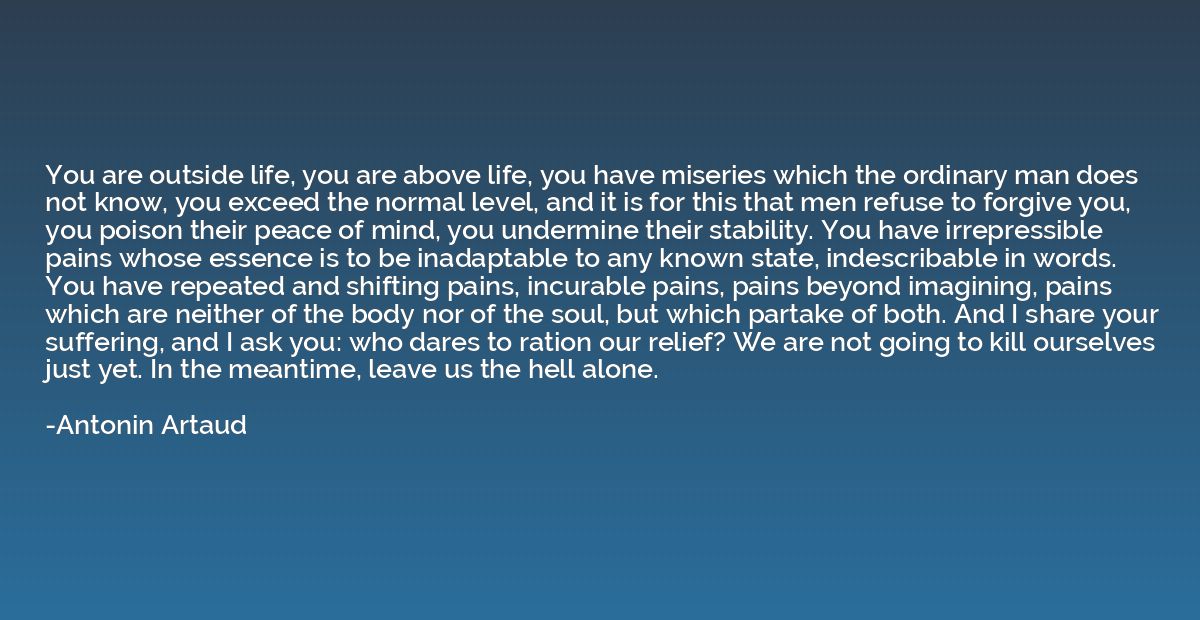
Summary
This quote speaks to the experience of individuals who exist outside the realm of conventional understanding and suffer from unique and unexplainable pains. It suggests that these people are often misunderstood and rejected by society as their struggles disrupt the peace and stability of others. By acknowledging their shared suffering, the quote questions who has the right to determine the extent of their relief, while also asserting the desire to be left alone until they are ready to take action themselves.





